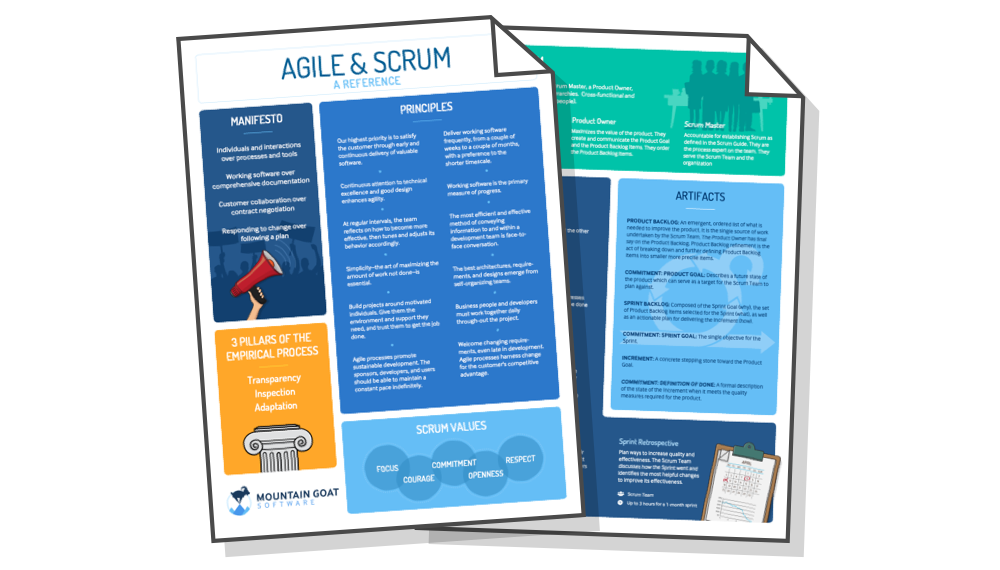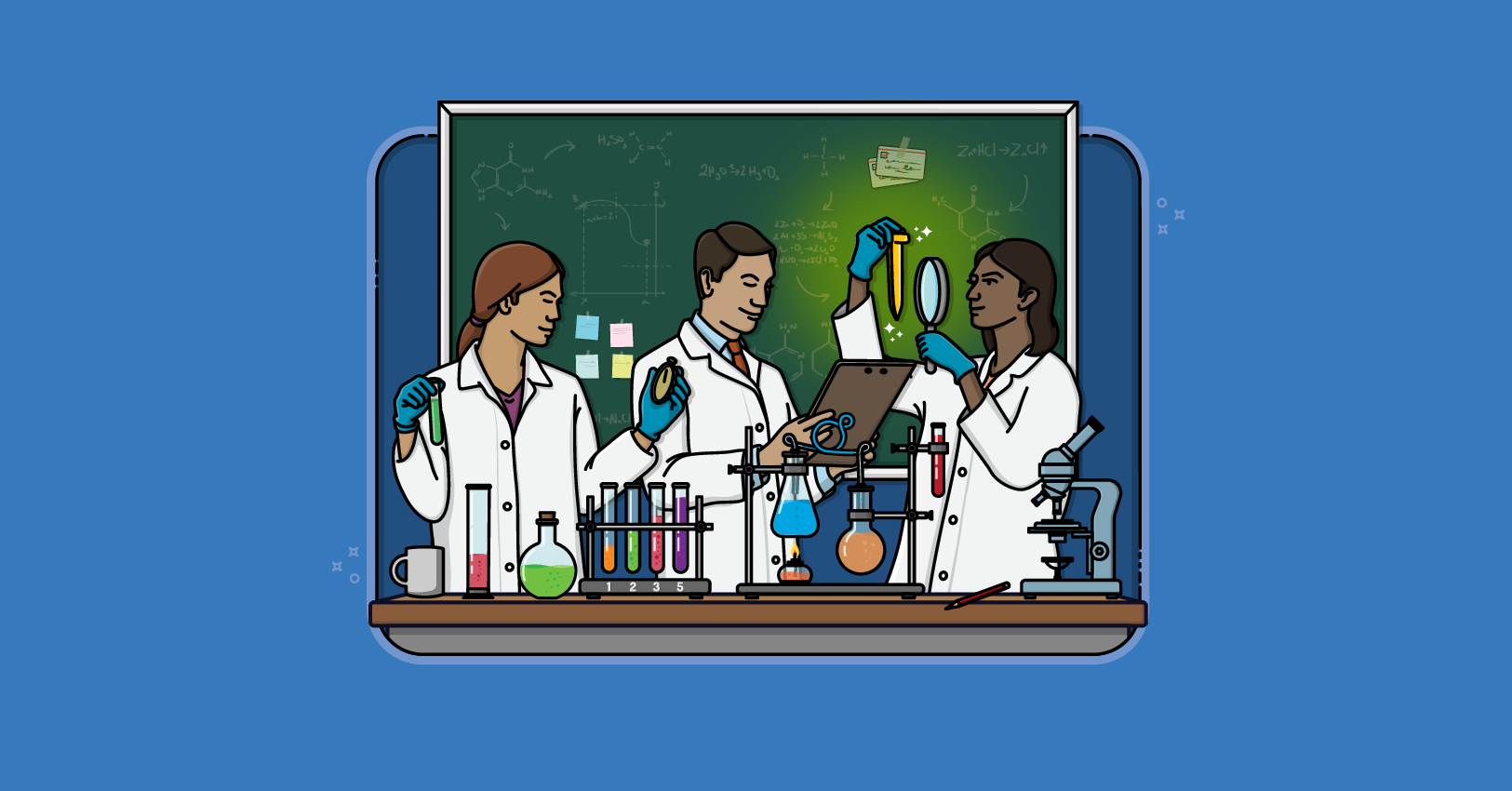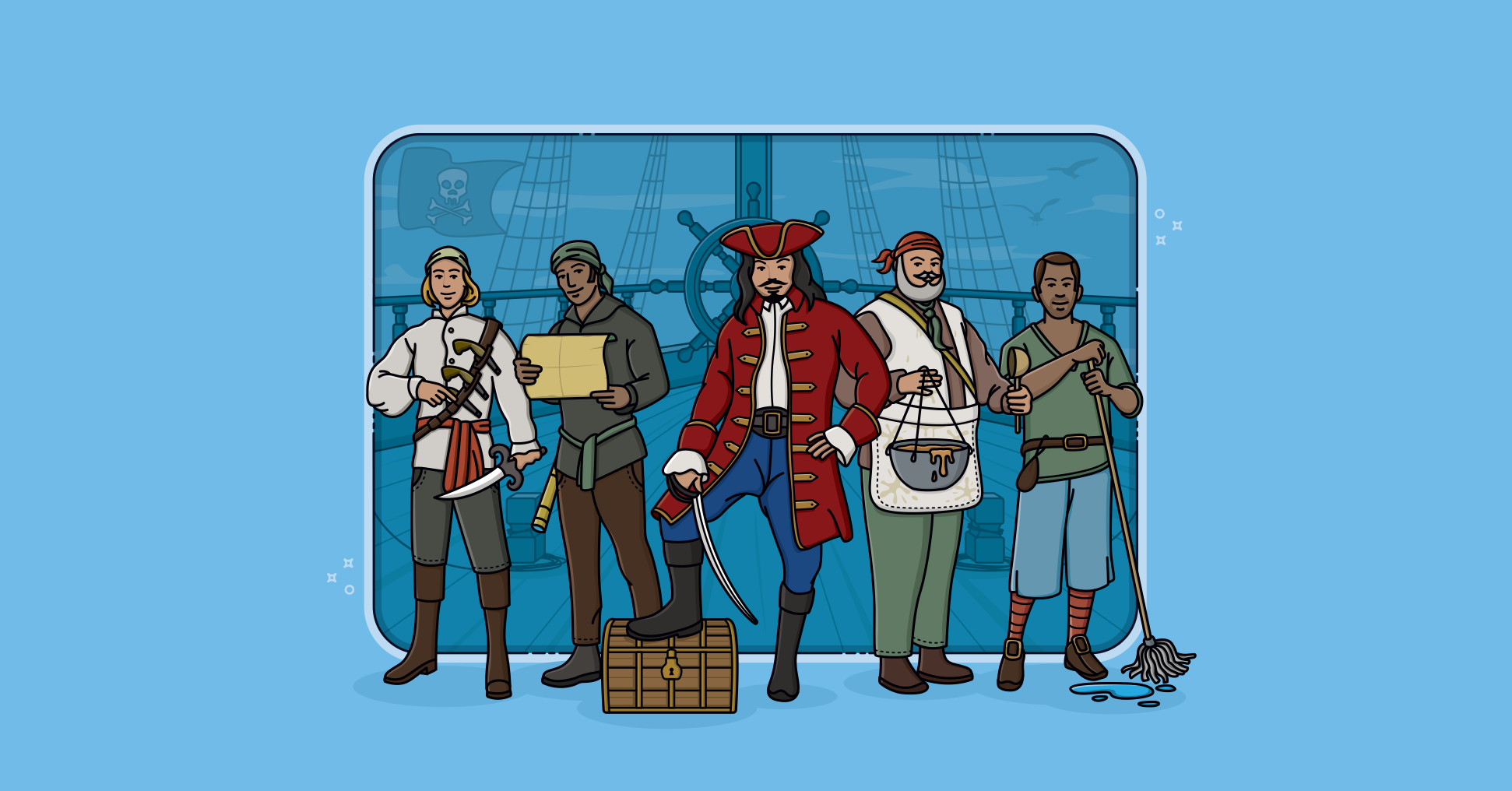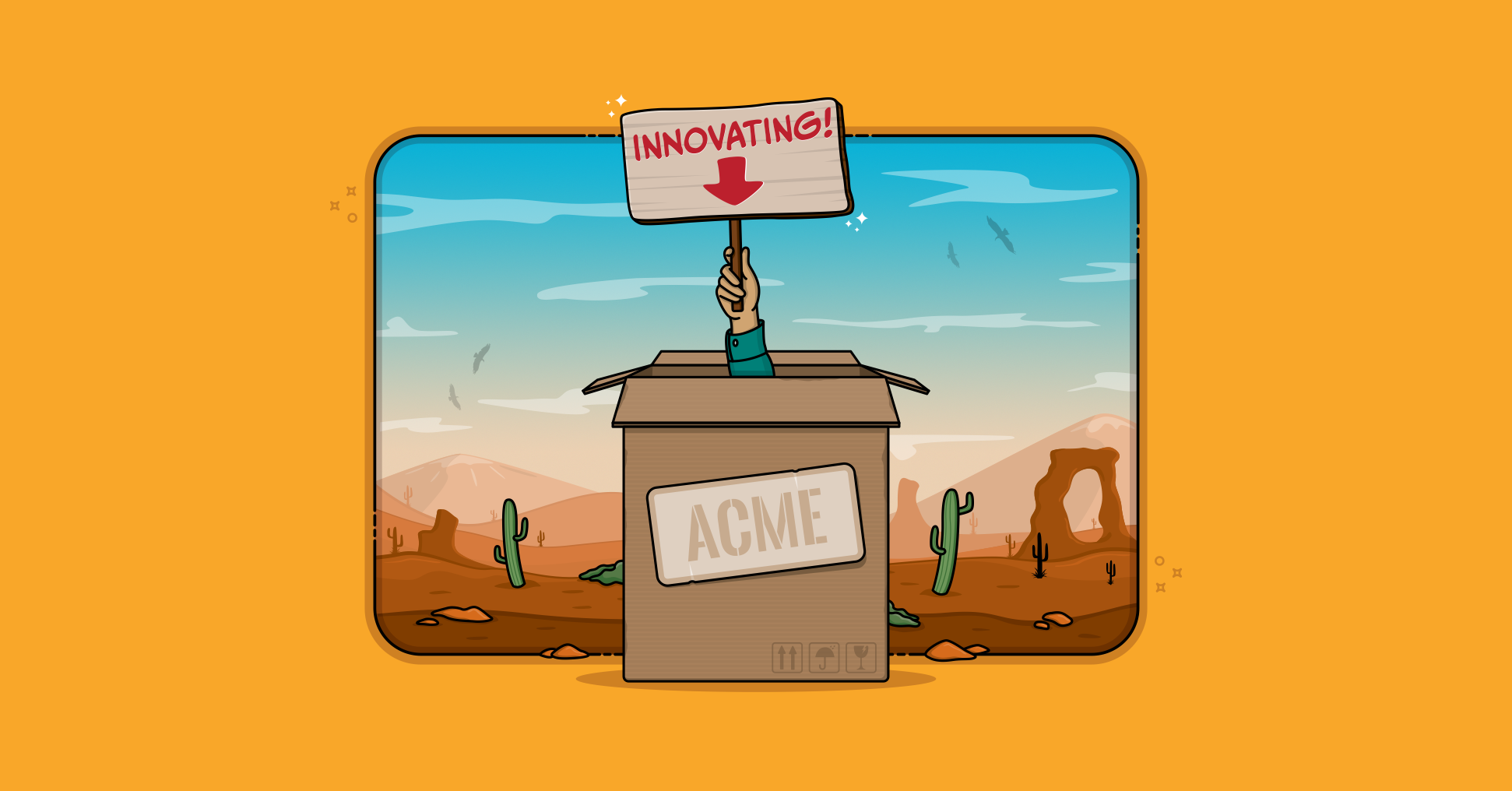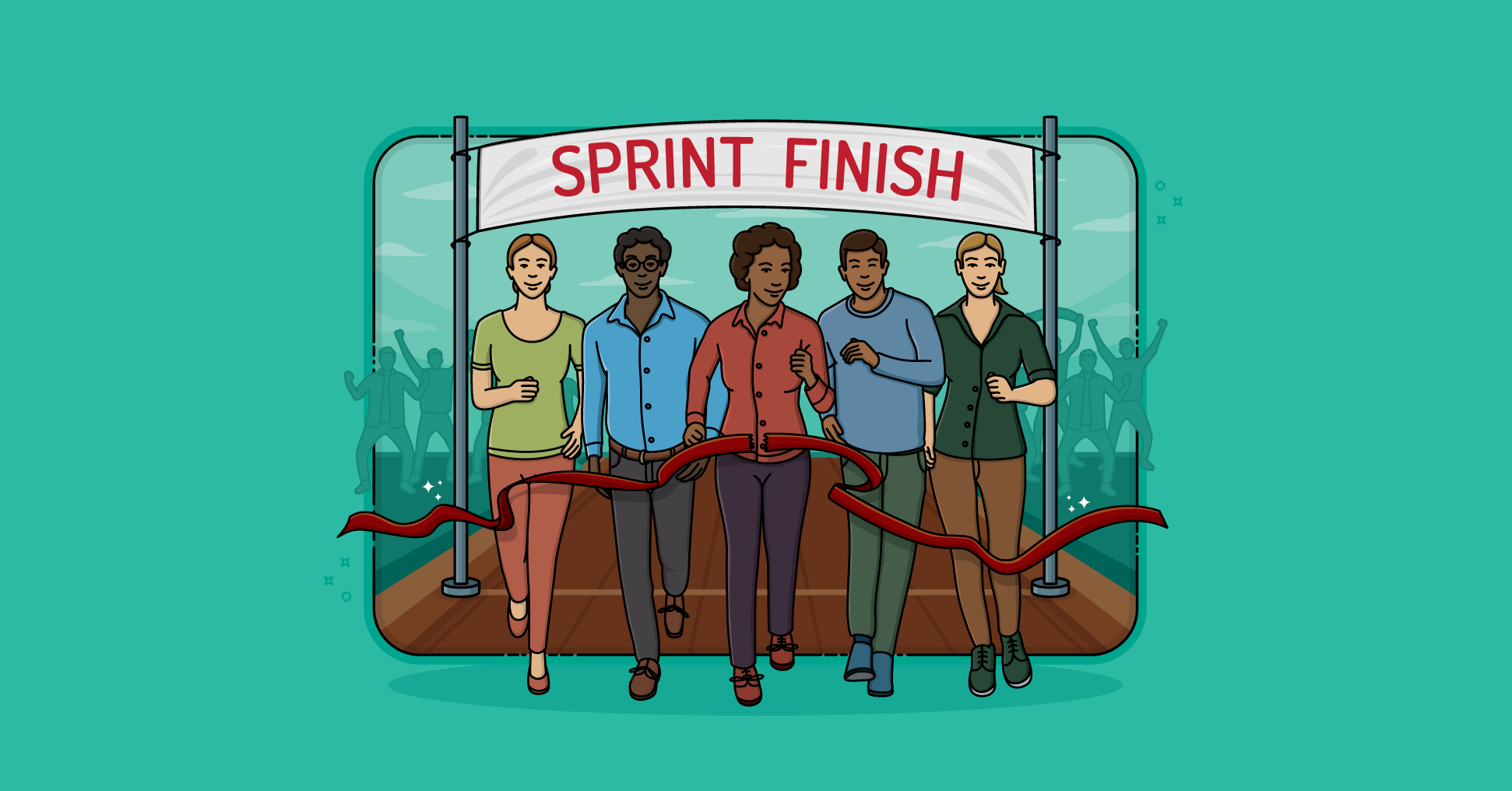Last week, I talked about the concept of equality on an agile team. I mentioned that one meaning of equality could be all team members do the same work, so that everyone in agile becomes a generalist.

What I find surprising about this myth is that every sandwich shop in the world has figured out how to handle specialists, yet we, in the software industry, still struggle with the question.
My favorite sandwich shop is the Beach Hut Deli in Folsom, California. I’ve spent enough lunches there to notice that they have three types of employees: order takers, sandwich makers, and floaters.
The order takers work the counter, writing each sandwich order on a slip of paper that is passed back to the sandwich makers. Sandwich makers work behind the order takers and prepare each sandwich as it’s ordered.
Order takers and sandwich makers are the specialists of the deli world. Floaters are generalists—able to do both jobs, although perhaps not as well as the specialists. It’s not that their sandwiches taste worse, but maybe a floater is a little slower making them.
When I did my obligatory teenage stint at a fast food restaurant, I was a floater. I wasn’t as quick at wrapping burritos and making tacos as Mark, one of the cooks. And whenever the cash register needed a new roll of paper, I had to yell for my manager, Nikki, because I could never remember how to do it. But, unlike Mark and Nikki, I could do both jobs.
I suspect that just about every sandwich shop in the world has some specialists—people who only cook or who only work the counter. But these businesses have also learned the value of having generalists.
Having some generalists working during the lunch rush helps the sandwich shop balance the need to have some people writing orders and some people making the sandwiches.
What this means for Scrum teams is that yes, we should always attempt to have some generalists around. It is the generalists who enable specialists to specialize.
There will always be teams who need the hard-core device driver programmer, the C++ programmer well-versed in Windows internals, the artificial intelligence programmer, the performance test engineer, the bioinformaticist, the artist, and so on.
But, every time a specialist is added to a team, think of it as equivalent to adding a pure sandwich maker to your deli. Put too many specialists on your team, and you increase the likelihood that someone will spend perhaps too much time waiting for work to be handed off.
Note: A portion of this post is an excerpt from Mike Cohn’s book, Succeeding with Agile.
Last update: April 24th, 2018


